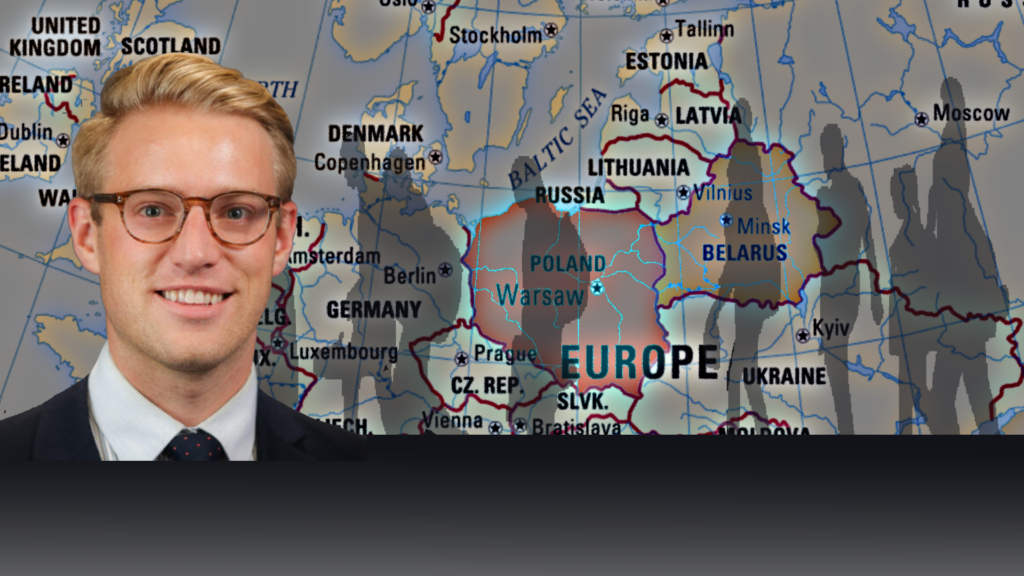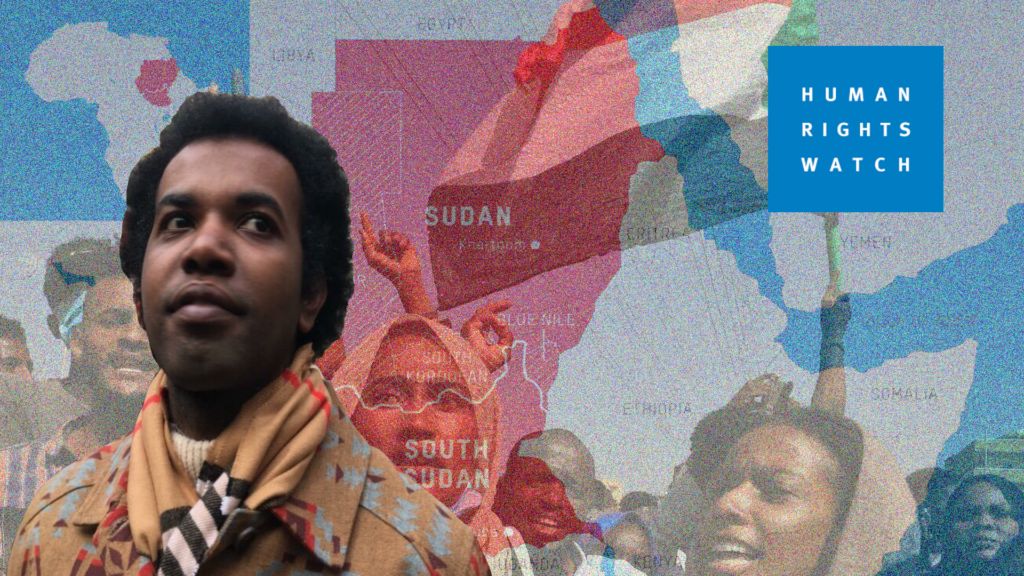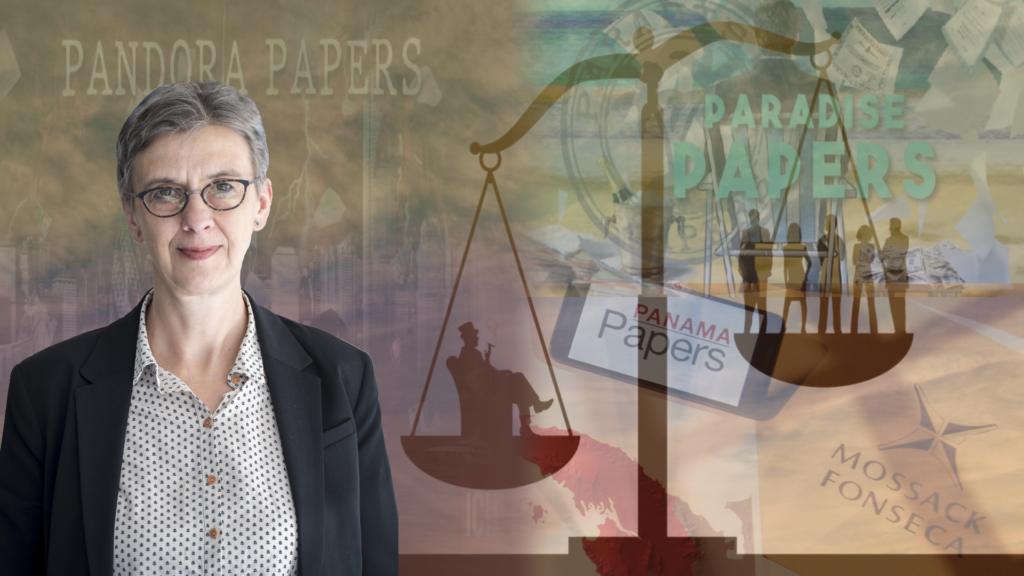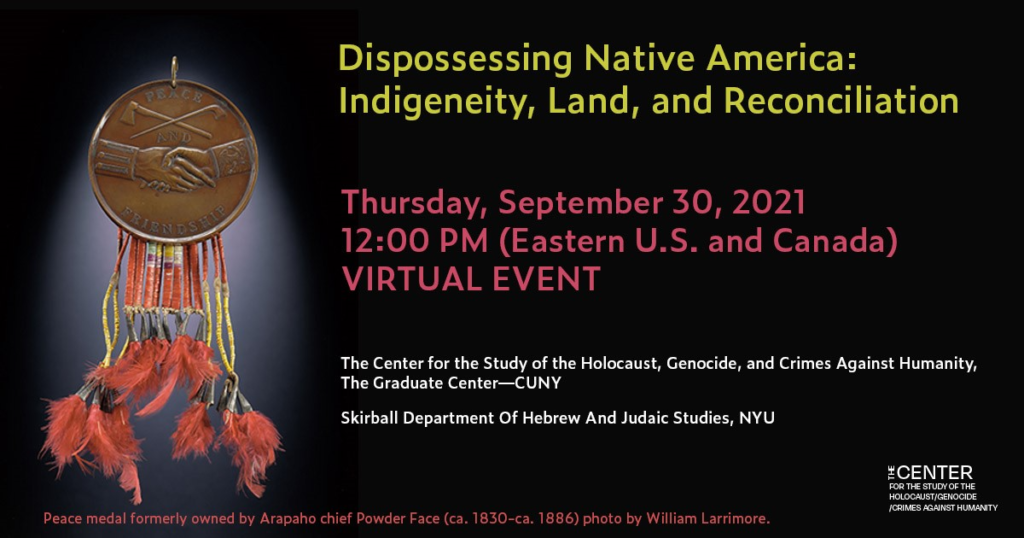What is behind the current standoff over refugees trying to enter Poland from Belarus? Why is the EU supporting Poland’s position? Have asylum seekers become
Why would warring parties turn to the UN, even when they don’t have an interest in guaranteeing peace? Have rebel groups learned to manipulate the
What conditions led to the recent coup in Sudan? Has the international community’s response had a significant impact on the Sudanese regime? Will changing international
Is legally avoiding taxes a smart thing to do, or is it dodging one’s social responsibility? Does tax avoidance treat the law as a mere formality to circumvent, a tool to manipulate, or a shield of justification? How can we reform tax codes to prevent tax evasion while ensuring that those legal tools are still usable for legitimate purposes?
Katharina Pistor, Edwin B. Parker Professor of Comparative Law at Columbia Law School, talks to RBI director John Torpey about the Pandora Papers, what they reveal about international tax evasion, and how much tax reform we can expect in the foreseeable future.
Have efforts to make war ‘humane’ made it easier for the United States to undertake military action? How do those efforts balance with efforts that
In the recent Czech elections, a broad coalition edged out the populist ANO (YES) party and changed the political landscape. Meanwhile, the ailing Czech President
Where do intellectuals fit within the recent resurgence in right-wing populism? What differentiates European and American far-right ideologies? How internationally organized is today’s far right?
Focusing on the complex histories of Indigenous-colonial relations, Profs. Margaret Jacobs, Claudio Saunt, and Justin de Leon offer fresh perspectives on violent and non-violent forms of extinguishing Indigenous land and culture in North America, and on returning stolen lands to their rightful Indigenous guardians. Chair: Dr Mikal Eckstrom.
What are the immediate and long-term political implications of the new Australia-UK-US cooperation agreement, providing Australia with nuclear submarines despite the fact that the French
What should we expect in Afghanistan’s future? How is the Taliban governing the country, and what challenges will they face? Will the end of the










